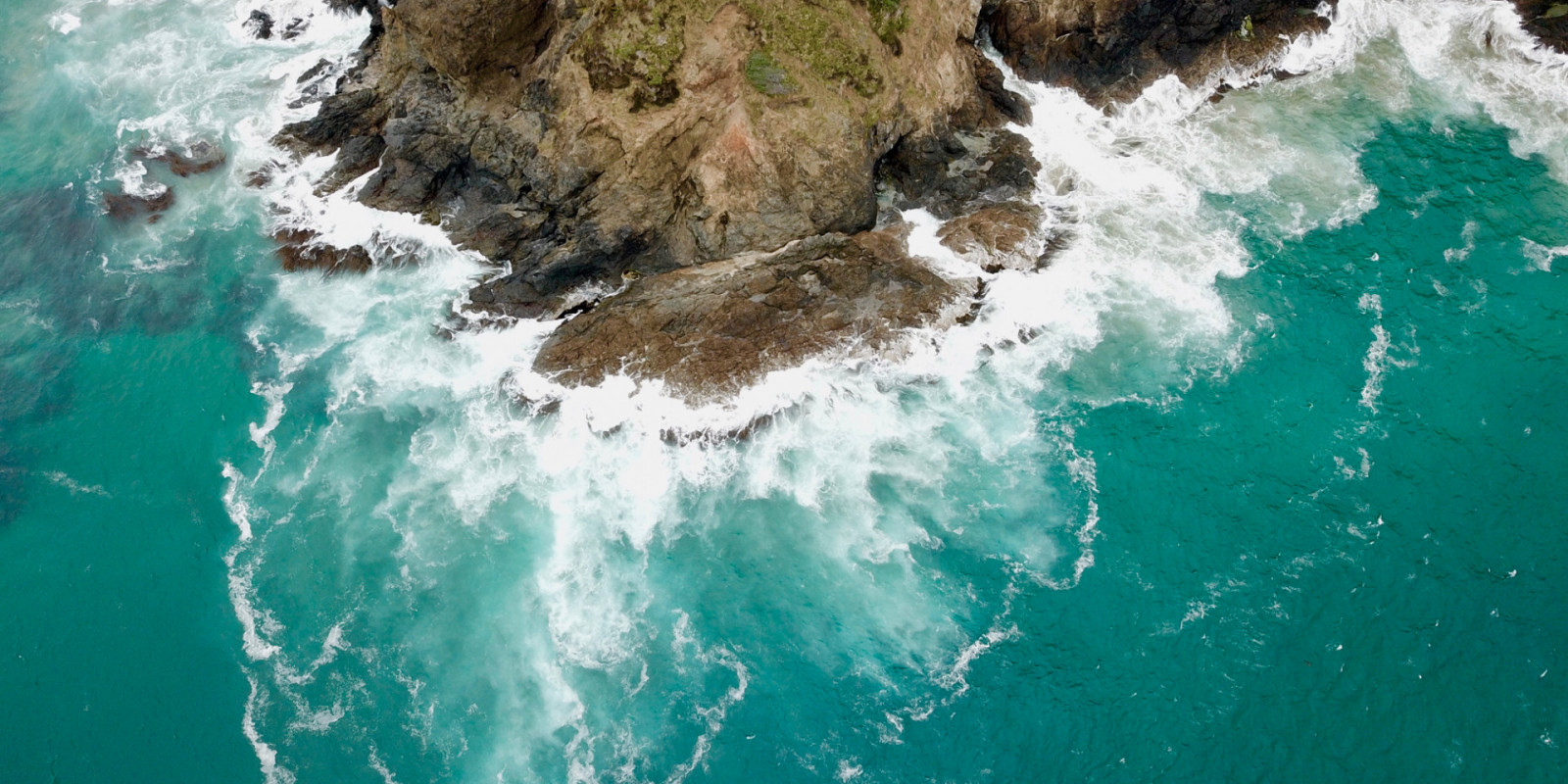- Report
Incorporating ecosystem-based management principles into regional coastal plans
This report provides guidance to those about to commence a review of their Regional Coastal Plans prepared under the Resource Management Act 1991 (RMA), on how to incorporate an EBM approach into both statutory plans and supporting systems for implementation. Palmer, H (July 2022)
Continued pressure is being placed on the marine environment as a result of competing interests and the cumulative effects of multiple ecosystem stressors. Resources are not being sustained for future generations. The current top-down approach to coastal management (both statutory and non-statutory), which often focuses on human activities, is resulting in continued degradation of the coastal environment, loss of biodiversity and ecosystem function, increasing the scarcity of resources and vulnerability to the effects of climate change.
National monitoring of our oceans and coasts is showing that there is a strong need to move away from the status quo if our coastal environment is to be sustained, and better management of cumulative effects is required.
Ecosystem-based management (EBM) is a new area of research being undertaken to address this trend. The EBM framework is based on seven principles (unique to the New Zealand context) to guide those responsible for managing marine and coastal environments. With a strong focus on the complex interactions across and within ecosystems and environmental domains, EBM offers a robust and holistic approach to integrated management of the coastal environment by:
- Recognising the many interactions within an ecosystem and moving away from protecting an individual species or dealing with single activities by providing a framework for assessing cumulative effects.
- Ensuring that decisions are informed by science and mātauranga Māori, and allowing tailored and flexible approaches to management, thereby providing for sustainable use and protection and enhancement of ecosystems and the biodiversity within. This ensures that management approaches are adaptive and responsive and provides better management of cumulative effects of activities.
- Recognising the value of co-operation and providing a mechanism to bring people with competing interests (and differing management responsibilities) together to holistically manage the coastal environment, thereby achieving better overall protection of ecosystems and resources.
- Recognising the importance of incorporating knowledge from a wide variety of sources, especially mātauranga Māori and incorporating this into decision-making, thereby strengthening the management system.
- Providing for co-governance, strengthening relationships, and aligning with Treaty obligations in relation to the coastal environment.
